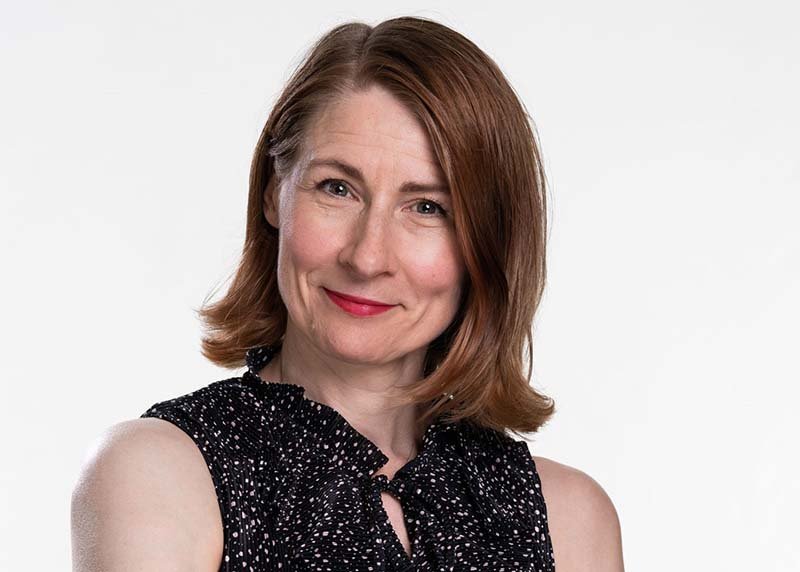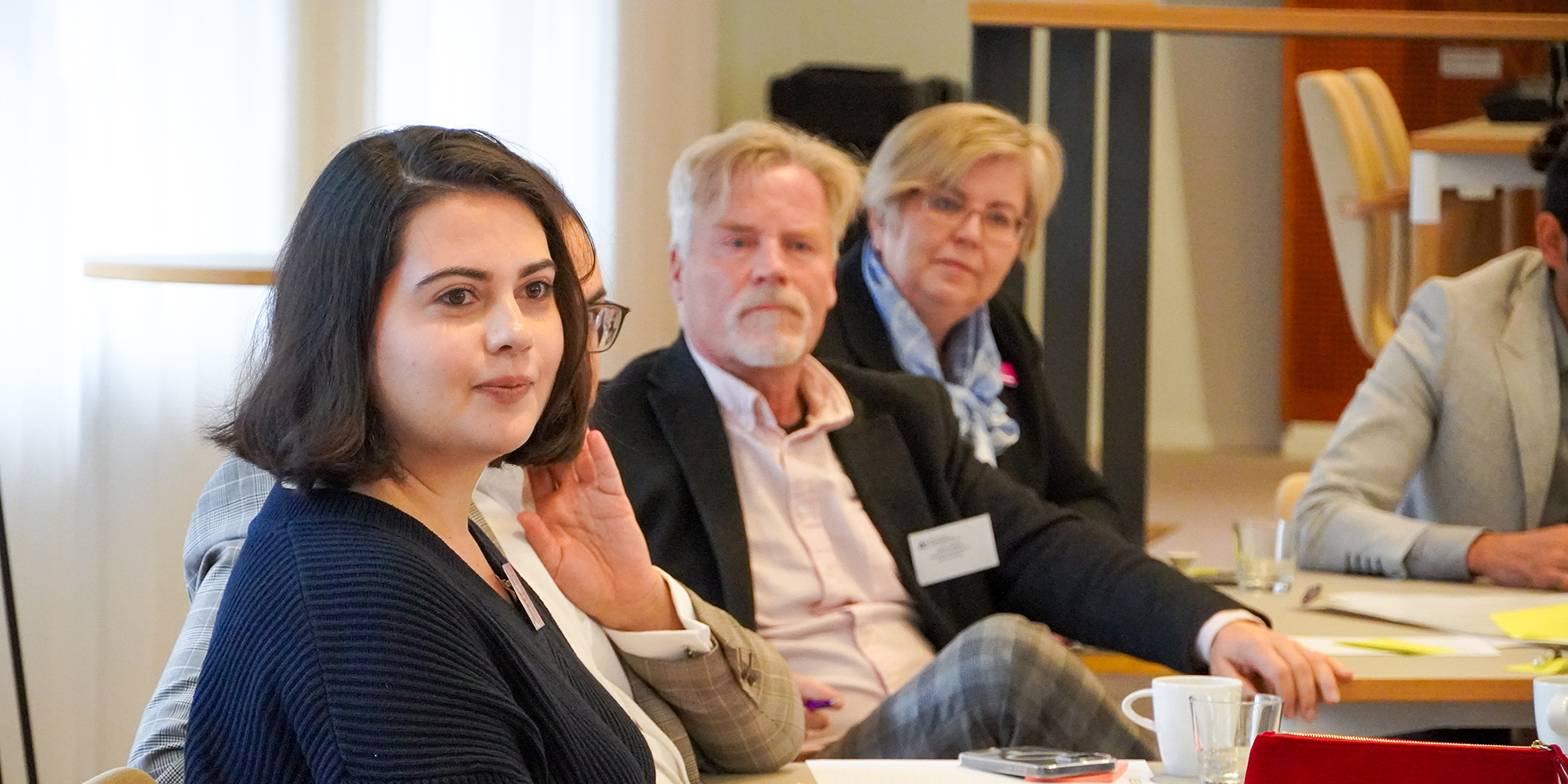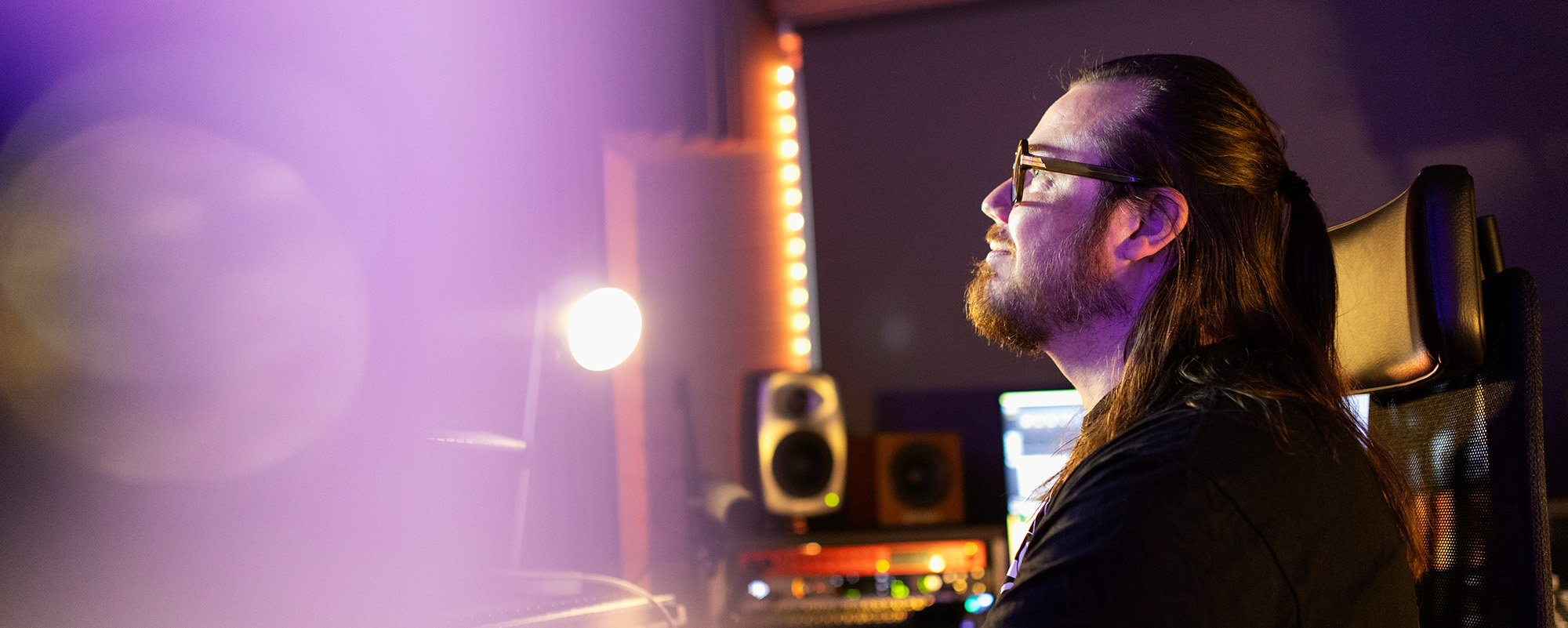I have pondered lately the light subject of free will. Do we have free will in the first place? What about situations where some outside force – say, a pandemic, for example – poses upon us strong structural constraints?
We have all, both as individuals and as part of organizations and communities, felt at times helpless and powerless in the face of the virus. We all have wondered about the future: what does it hold, do I have any say in how it unfolds. Do we have any agency over our context?
When doing my PhD research, I dwelled - a bit too deeply, I must admit – on this question of agency and, eventually, the possible role of humans and humanity in the centuries to come. Postmodernism had attacked humanity, had shredded it to piles of semantic rubbish, leaving us dissolved in the sea of non-existence (as said, I was quite deep into the topic).
The Grand Dame of sociology, Margaret Archer, rose to defend agency and the human subject. She brought forth the notion of human reflexivity as our powerful ability to navigate our way in this world, make choices and deliberate on constraints and enablers presented to us.
Archer defines reflexivity as the regular exercise of the mental ability of people, to consider themselves in relation to their social contexts and vice versa. It is the means through which we make our way through the world. It manifests in our “internal conversations”, where we mull things over, weigh the pros and cons, and create narratives.
Archer argues that this reflexive ability is becoming more and more important, as the pace of change just keeps accelerating. Following this train of thought, I feel this ability is crucial to taking “the agency orientation” also towards the future. As Antti-Jussi Tahvanainen comments in this longform article, when discussing the tools of strategic foresight, we can take a proactive stance towards the future, and see it something we can shape with our actions.
We can take a proactive stance towards the future, and see it something we can shape with our actions."
Strategic foresight and the scenarios that follow create narratives about our possible futures. As sense-making beings, these narratives are crucial to us humans.
They provide an anchor to our thoughts, bring structure to our inner conversation, and enable sense-making. They also make the possible future much more accessible as stories can at best be inclusive, allowing for multiple and diverse interpretations.
When reading the interviews of Mikko Laukkanen, Pekka Mattila, Tua Huomo and Antti-Jussi Tahvanainen in Aalto Leaders' Insight, I became happy and optimistic. They all brought human beings into the picture. Not just as users or consumers, but as individuals that have something to say.
And – most importantly - that what they have to say is important. We should not restrict ourselves to intellectual laziness, and just listen to those who think like us, but rather be especially curious about those who do not think like us. As Pekka Mattila says, we should also (maybe especially) spend time with those customers who are unhappy. Because they might have important things to say.
Reflexivity, emotions, imagination, and embodied experience are what makes us human. Let us nurture, celebrate and respect these invaluable superpowers when shaping the future.
Dr. Ulla-Maija Uusitalo is Ph.D, Executive Consultant in strategy development.





















